Benin - Study on The Investment Climate In Benin phase 2 – Final Report
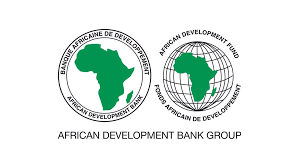
This study on the investment climate in Benin is a continuation of the one on the business environment carried out in 2019 by the African Development Bank.
Public Investment Efficiency, Economic Growth and Debt Sustainability in Africa

Investment is an important driver of economic growth with important implications for debt sustainability. Investment efficiency gaps adversely impact debt sustainability in Africa. The current heightened fiscal vulnerabilities can be attributed to external factors including volatile commodity prices particularly for commodity-exporting countries and health challenges like COVID-19 pandemic that weakened fiscal revenues and growth. In addition are domestic factors such as elevated government spending on the back of big-push investment expenditures to close infrastructure gap, increased security expenditures in response to conflict and social unrest in some countries. Using a dynamic stochastic general equilibrium (DSGE) framework, we estimate the role of debt in the provision of productive investments, driving economic growth and subsequent debt sustainability.
‘Catch Me if You Can’ On Drivers of Venture Capital Investment in Africa

This paper investigates the determinants of venture capital investments across 25 African countries over the period 2014-2019. In particular, it considers the significance of innovation and digitalization in Africa’s venture capital activity. The results show that digital infrastructure, high-technology exports, internet coverage, market size, minority investor protection, and government effectiveness are the main drivers of venture capital deals in Africa over the period examined. More generally, these findings highlight that digital infrastructure and connectivity, innovation and institutional frameworks all play an important role in shaping a favorable environment to attract venture capital funding.
EIB Group Sustainability Report 2021
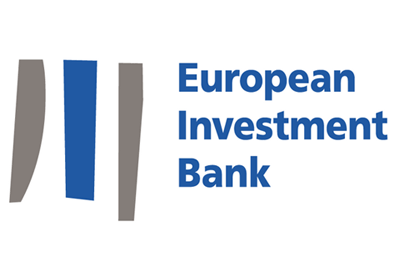
Over the last years, the European Investment Bank Group has shown that fighting COVID-19, financing the recovery, and investing in climate action and environmental sustainability are mutually supportive goals. Innovation, development and green finance are the cornerstones of our approach to creating a more sustainable economy. In 2021, the coronavirus pandemic continued to disrupt lives and businesses around the globe. At the same time, it became clear that the climate and environment crises had reached emergency levels. Urgent action is required if we are to meet the Paris Agreement’s commitments and avoid biodiversity loss. The European investment Bank Group is ready to tackle these challenges, the biggest of our time. This report shows how we delivered a record €94.9 billion in financing in 2021, supporting sustainable and inclusive growth in Europe and beyond.
Creating Markets in Namibia: Country Private Sector Diagnostic
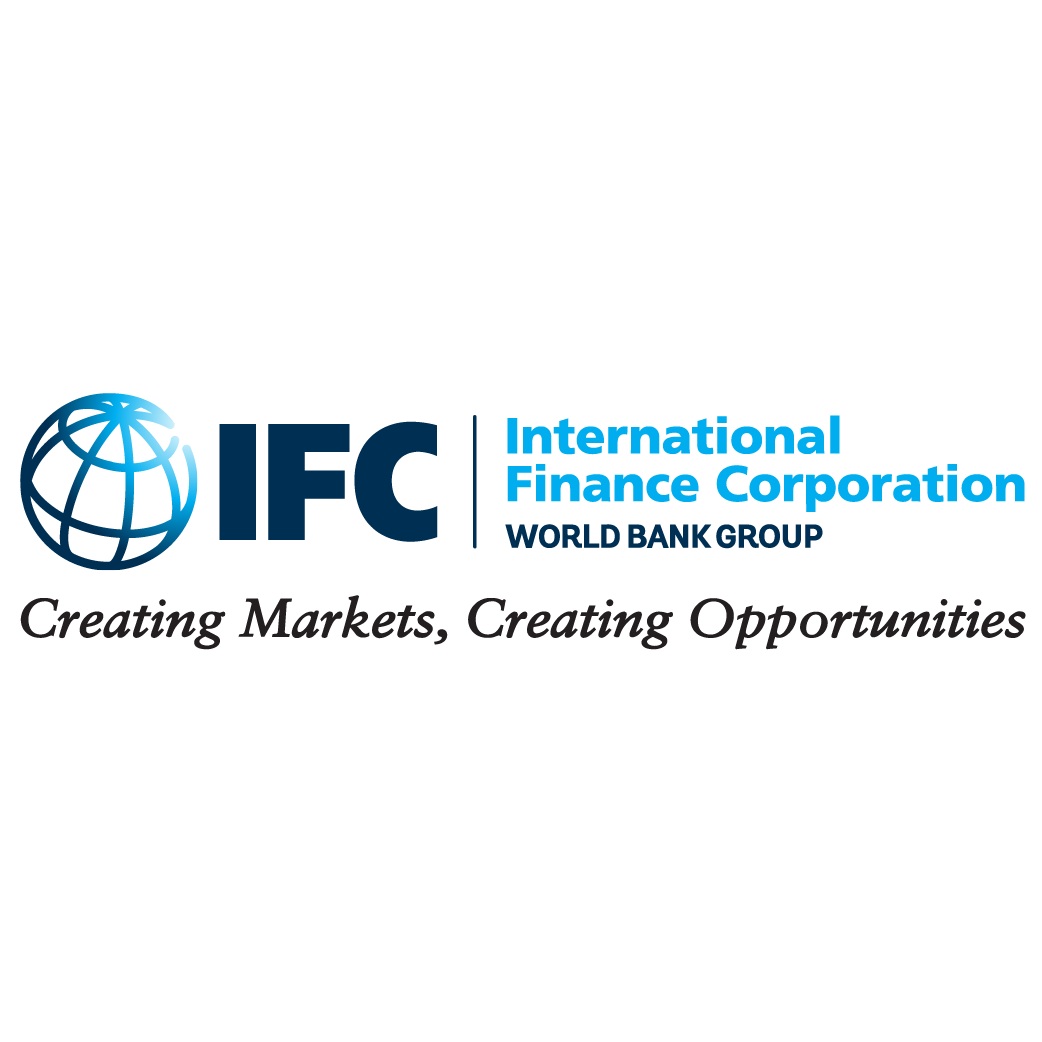
Namibia can transform its economy, create jobs, reduce inequality, and recover faster from the impact of COVID-19 by deepening private sector reforms and increasing private sector participation in key sectors.This is the main finding of the Namibia Country Private Sector Diagnostic (CPSD), which was jointly prepared by IFC and the World Bank.
The report examines how Namibia can recover faster from its gradual economic decline in recent years by addressing private sector constraints in key enabling sectors with high potential for growth, such as renewable energy, climate-smart agribusiness, and housing. The CPSD suggests addressing policy challenges to attract investment and achieve sustainable private sector-driven growth.
Global impact of the war in Ukraine: Billions of people face the greatest cost-of-living crisis in a generation

A war is always a human tragedy, and the war in Ukraine is no exception. The ripple effects of the conflict are extending human suffering far beyond its borders.
The war, in all its dimensions, has exacerbated a global cost-of-living crisis unseen in at least a generation, compromising lives, livelihoods, and our aspirations for a better world by 2030.
The largest cost-of-living crisis of the twenty-first century has come when people and countries have a limited capacity to cope. The war in Ukraine has trapped the people of the world between a rock and a hard place.
Multilateralism and Democracy. A European Parliament perspective
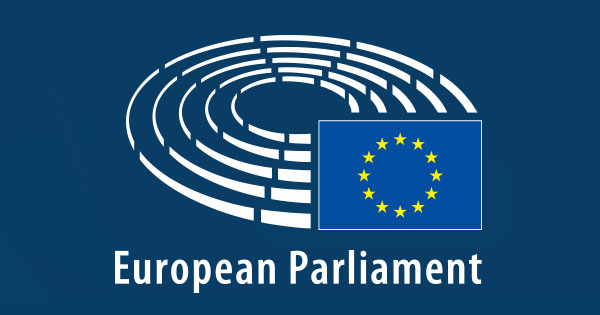
This analysis looks into the complex relationship between two trends in international governance: an increase in multilateral arrangements between countries in order to govern internationally on the one hand, and a lack of democratic control over the decisions taken by multilateral organisations or conferences on the other. Multilateralism in the modern sense refers to an international mode of operation involving peaceful negotiations and diplomacy, also referred to as a ‘rules-based international order’ or ‘rules-based multilateralism’. Several European countries have recently launched initiatives in support of multilateralism, in reaction to the increasingly unilateral behaviour of states undermining the existing rules-based international order.
The effects of major economies’ policies on climate action, food security and water in developing countries
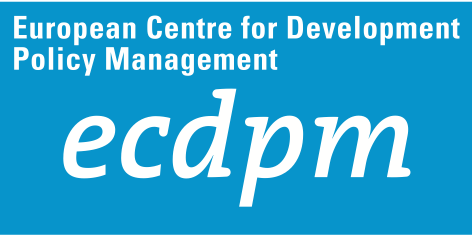
The growing demand for food, water and energy, in conjunction with climate change, puts pressure on land and freshwater resources. This problem can be acute in developing countries, where many households and producers have inadequate access to these commodities. While development is primarily driven by national policies, outcomes are often also influenced by external factors, especially the policies of developed countries and emerging economies. This paper explores the possible effects of these factors on climate action and food and water security in developing countries.
Making the Most of the African Continental Free Trade Area : Leveraging Trade and Foreign Direct Investment to Boost Growth and Reduce Poverty
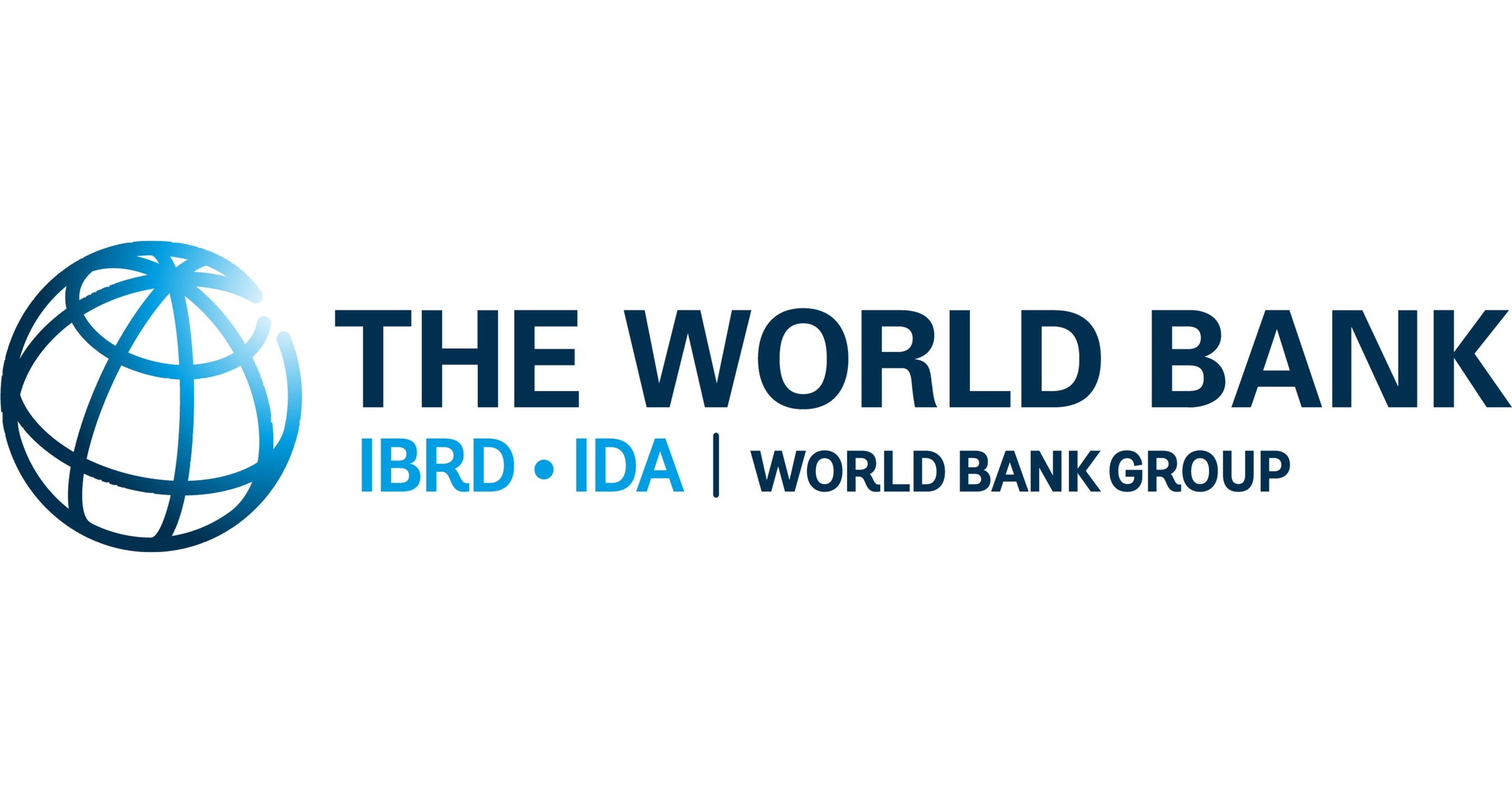
The creation of the African Continental Free Trade Area (AfCFTA) provides a unique opportunity to boost growth, cut poverty, and reduce Africa’s dependence on the boom and-bust commodity cycle. A World Bank (2020) report estimates that the AfCFTA has the potential to raise income in the continent by 7 percent by 2035 and lift 40 million people out of extreme poverty, mainly by spurring intraregional trade (termed the “AfCFTA trade scenario” for purposes of this analysis). Reductions in nontariff barriers on goods and services and improvements in trade facilitation measures will account for about two thirds of the US$450 billion in potential income gains by removing long delays across most of the continent’s borders and lowering compliance costs in trade, making it easier for African businesses to become integrated into regional and global supply chains.
Maritime Trade Disrupted: The War in Ukraine and its Effects on Maritime Trade Logistics

The war in the Ukraine is stifling trade and logistics of Ukraine and the Black Sea region. The search for alternate trade routes for Ukrainian goods has rapidly increased the demands on land and maritime transport infrastructure and services. For Ukraine’s trading partners, many commodities now have to be sourced from further away. This has increased global vessel demand and the cost of shipping around the world.
Grains are of particular concern given the leading role of the Russian Federation and Ukraine in agrifood markets, and its nexus to food security and poverty reduction. Grain prices and shipping costs have been on the rise since 2020, but the war in Ukraine has exacerbated this trend and reversed a temporary decline in shipping prices. Between February and May 2022, the price paid for the transport of dry bulk goods- such as grains- increased by nearly 60 per cent. The concomitant increase of grain prices and freight rates would lead to a nearly 4 per cent increase in consumer food prices globally. Almost half of this impact is due to higher shipping costs. The Russian Federation is a giant in the global market for fuel and fertilizer, which are key inputs for farmers worldwide. Disruptions in their supply can lead to lower grain yields and higher prices, with serious consequences for global food security, particularly in vulnerable and food-import dependent economies.




